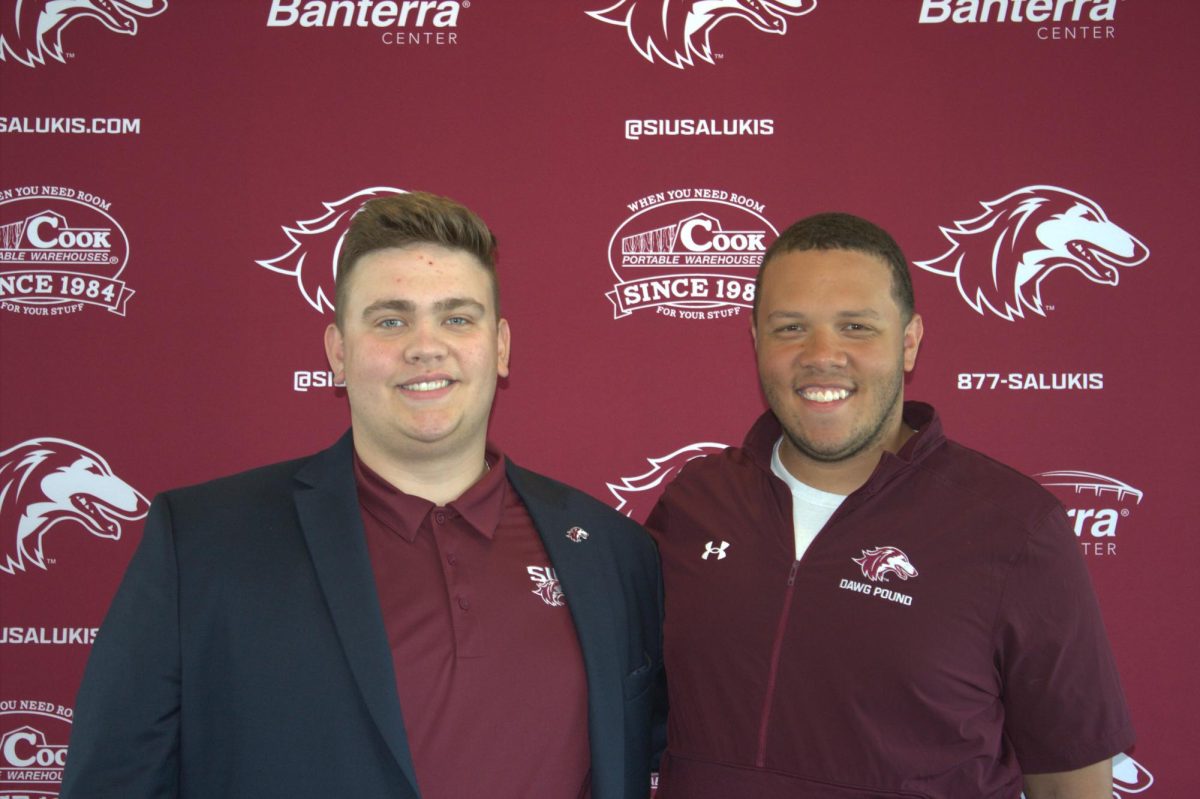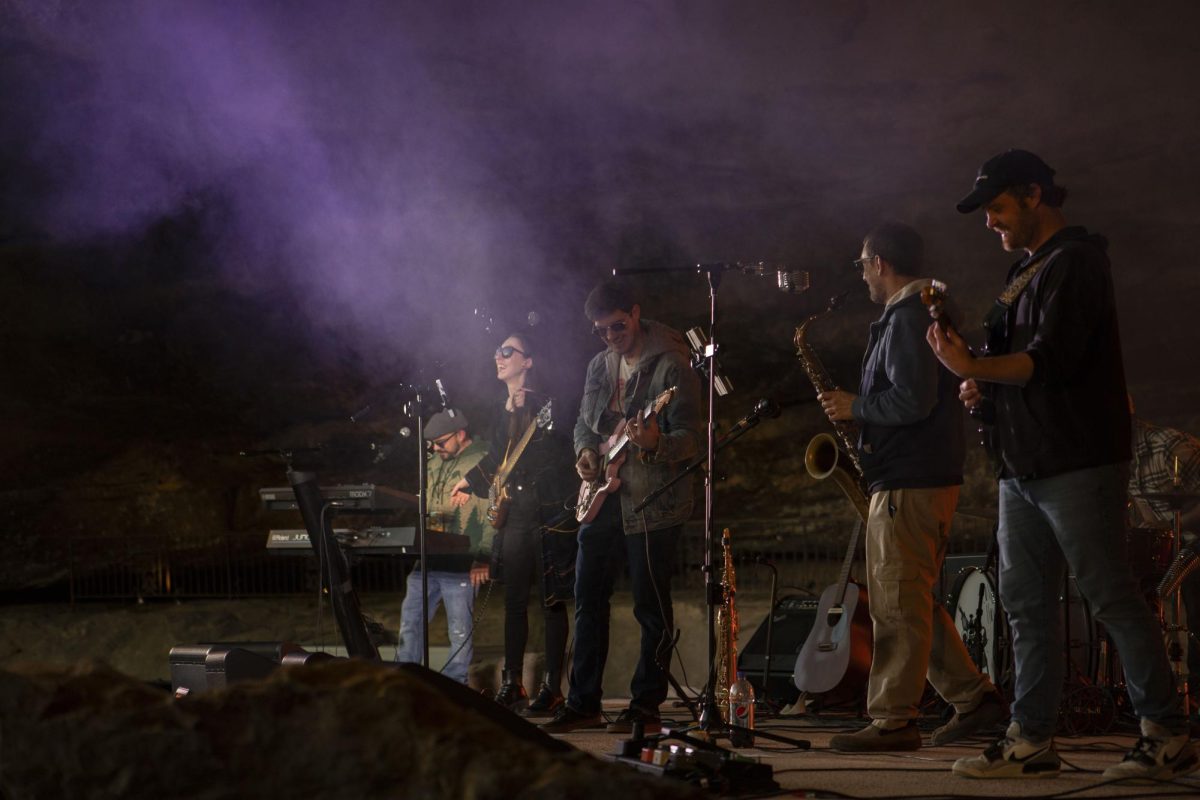Aviation banquet offers scholarships, lecture
October 22, 2006
It’s an exciting time to be in general aviation, which includes everything but military and commercial flying, said the president of the an organization that represents two-thirds of the country’s pilots.
“There are some very, very exciting career opportunities in all aviation,” said Phil Boyer, president of Aircraft Owners and Pilots Association. “Particularly in the growing, fascinating and very, very rewarding general aviation which I am so proud to represent.”
Boyer’s organization represents about 400,000 of the country’s certified pilots and carries significant lobbying weight in Washington.
Advertisement
Students got a chance to learn about the outlook of general aviation from Phil Boyer during the annual aviation banquet Friday at the Student Center.
Nearly 200 students and faculty gathered together for a night of scholarship awards and a lecture during the 2006 Aviation in the Future Career Fair and Banquet. The night was dedicated to Gene Seibert, the co-founder of SIUC’s aviation program who died in August.
David NewMyer, chairman of the Aviation Management and Flight department, said more than $25,000 in scholarships was given away to students at the banquet.
Boyer also discussed new planes coming out within the next few years, such as a new jet made by Honda.
Boyer also said new technology is being used in aviation. The Automatic Dependent Surveillance-Broadcast is the first system to allow pilots and air traffic controllers to view identical screens from the air and ground. This will increase flight safety because the plane’s position can be continuously tracked, especially in low visibility and landings, he said.
Although the future of general aviation looks positive, students and faculty expressed concern over general aviation user fees proposed by the Bush administration and commercial airlines. The fees would make general aviation pay more for the airspace it uses.
Sabrina Weber of Women in Aviation said general aviation pays for airspace through ramp fees and fuel tax. Airlines, which pay the most for airspace, want more money from general aviation to help pay for the airspace. These fee increases would come through services that are free right now, such as getting weather reports and filing flight plans.
Advertisement*
An increase in fees would hurt general aviation, Boyer said, but there has only been discussion among the Bush administration and airlines, he said. There are no actual bill proposals before Congress, yet.
“Anything that would add cost to general aviation would decrease the use of general aviation,” he said.
NewMyer said an increase such as the one being discussed would fall on the shoulders of students because it would increase the flight fees they are charged. Also, Jeff Jaynes, president of the Aviation Management Society, said increased fees for students could make aviation a career only for the rich.
Ryan Rendleman can be reached at 536-3311 ext. 273 or [email protected].
Advertisement








